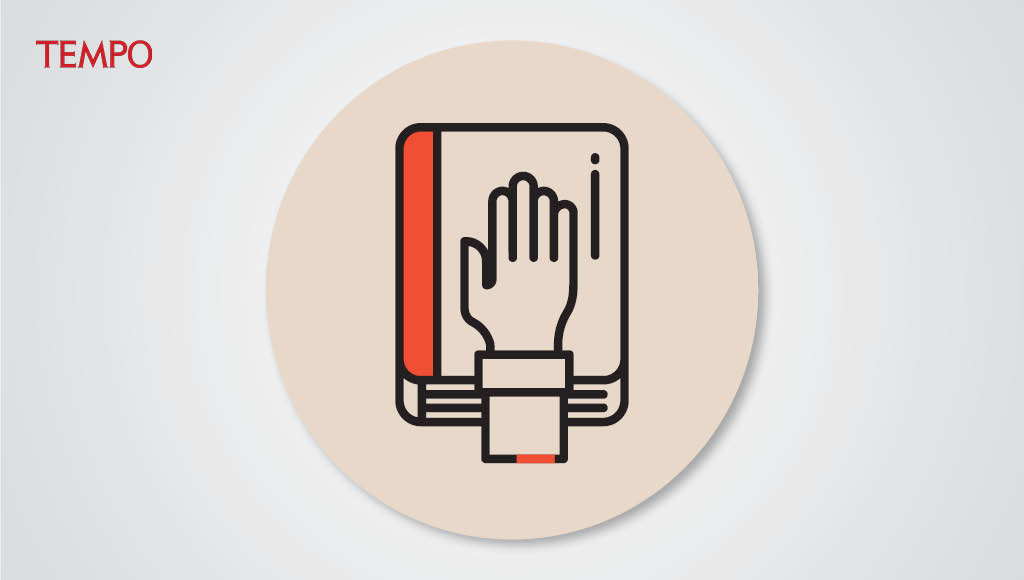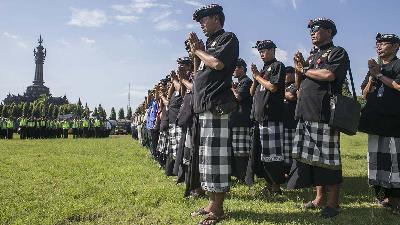Disadvantages of Mining Permits for Universities
Monday, January 27, 2025
Universities must reject the plan to share out mining permits in order to maintain their institutional independence.
arsip tempo : 174527880292.

IT is not appropriate to hand out mining permits (IUPs) to universities, as planned by the Prabowo Subianto administration. Without experience in mining management, the involvement of universities in the exploitation of natural resources will only result in destruction. Universities will lose their independence after accepting these free mining permits.
The plan to give IUPs to campuses is ruled in the revised Mineral and Coal Mining (Minerba) Law currently being deliberated by the Legislation Body at the House of Representatives. Together with cooperatives, campuses will be prioritized for mining permits without the need to participate in a tender process. The administration of Joko Widodo previously decided to give the same type of permit to mass organizations. The leadership of Nahdlatul Ulama and Muhammadiyah accepted these permits.
The plan to give out mining concessions to universities has seemed rather strange since deliberations began at the DPR. The revision to the Minerba Law was decided on very quickly while members of the DPR were in recess. The public participation required in the drawing up of laws was nothing more than a formality. As with the passing of previous controversial legislation, the DPR only asked for input after strident public protests.
As well as not having any experience, universities do not have the financial capacity. The mining business requires huge amounts of capital and stamina. Many universities are having trouble meeting operational academic costs, yet alone having sufficient capital for the mining business. And given all this, it is highly likely that university leaders will ‘sell’ the management rights to corporations using a profit-sharing scheme.
The companies originally owning the IUPs in regions managed by universities will easily be able to take control because operations are in their hands. With a profit-seeking orientation, the management of mining almost always ignores environmental damage, which is difficult to repair. Universities will add to this environmental devastation.
Experience shows that even when managing forests, which are not nearly as difficult as managing mines, universities have struggled. During the New Order era, the government handed out forestry concession rights (HPHs) to a number of universities that had forestry faculties in order to make them more financially independent. However, these universities were out of their depth and were unable to make proper use of these HPHs.
If it wants to help universities reduce the costs of studying, the government could try other methods. It could oblige companies managing mines to set aside some of their profits as part of their corporate social responsibility in order to develop education. After all, many IUP holders have made huge profits from their operations.
Another way would be to oblige IUP holders to cooperate with universities in the management of mines. In South Africa, for example, the University of the Witwatersrand has a mining research center that works with industry to develop better mining technologies and practices. The university receives an income, and the environment is still protected.
Universities should be wary of the government’s Santa Claus act. Prabowo’s administration is using a political quid pro quo policy by handing out IUPs. Universities that receive these permits will be reluctant to criticize the government. The end result of this could be that universities are no longer independent academic institutions that carry out research that serves the public.











